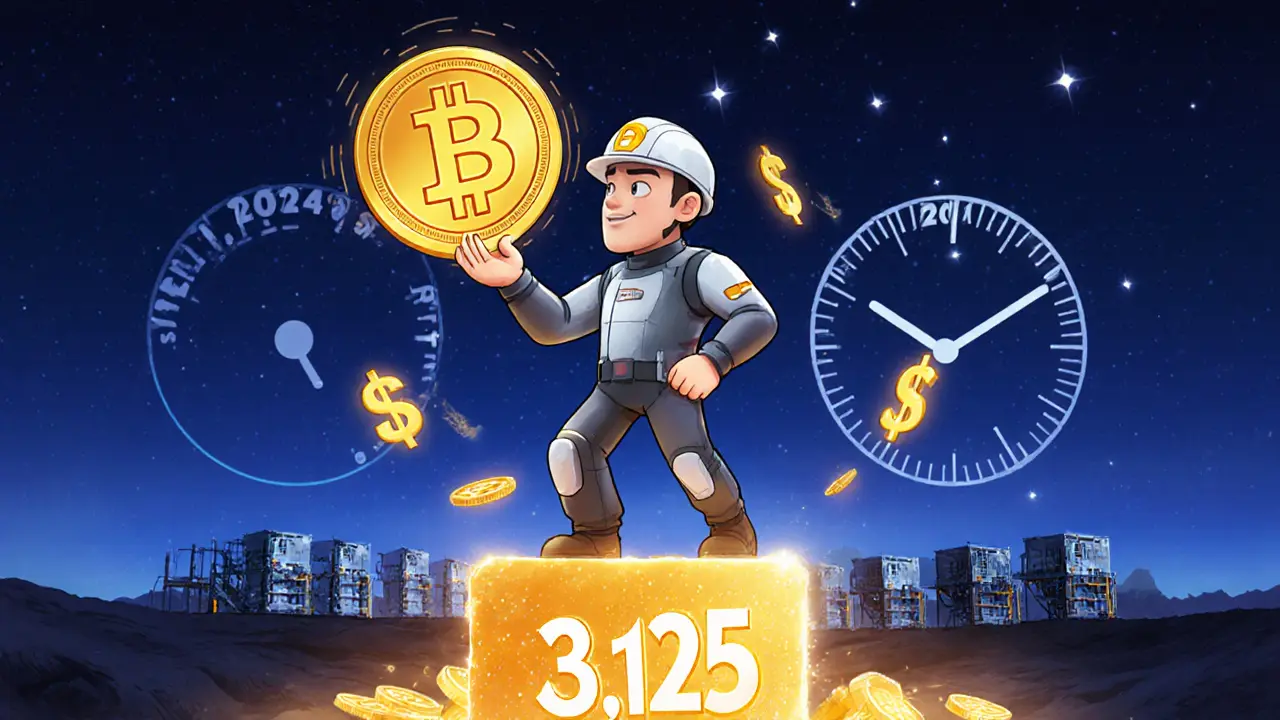Transaction Fees in Crypto: What You Really Pay to Send Coins
When you send crypto, you’re not just moving money—you’re paying for space on a blockchain. This cost is called a transaction fee, the amount paid to miners or validators to process and confirm your transaction on a blockchain network. It’s not a fee charged by your exchange—it’s a network tax. And it can go from pennies to hundreds of dollars in minutes, depending on traffic, chain, and timing.
Not all blockchains handle this the same way. On Ethereum, a decentralized platform that runs smart contracts and requires gas fees to execute transactions, fees spike when everyone’s trading NFTs or swapping tokens at once. That’s why you see $50 fees during a popular token launch. But on Solana, a high-speed blockchain designed for low-cost, fast transactions, often under $0.01, you barely notice the cost—even during peak times. Then there’s Bitcoin, where fees rise with block size limits, and newer chains like Polygon or Arbitrum that ride on Ethereum but slash costs by batching transactions.
These fees aren’t random. They’re driven by supply and demand. More people sending transactions? Higher fees. Fewer people? Fees drop. Some wallets even show you real-time fee estimates so you can wait for cheaper moments. And if you’re doing DeFi swaps, airdrops, or NFT mints, you’re paying these fees every time—sometimes multiple times in one session. That’s why savvy traders check fees before acting, and why some avoid certain chains entirely when costs are insane.
You’ll see this play out in the posts below. Some cover exchanges like ProBit and Deliondex where fee structures matter for daily trading. Others expose scams where fake platforms hide high fees or charge you just to claim a fake airdrop. There are guides on how to bypass restrictions using multiple exchanges, which often means juggling different fee environments. And you’ll find deep dives into tokens like TDX and FLUXB—where network costs can eat your profits if you don’t understand the underlying chain.
Bottom line: transaction fees aren’t a footnote. They’re a core part of how crypto works. Know them. Track them. Use them to your advantage—or lose money to them.
What Are Block Rewards in Cryptocurrency? How Miners and Validators Get Paid
Block rewards are the payments miners and validators receive for securing blockchain networks. They include newly minted coins and transaction fees, and they're essential to keeping cryptocurrencies like Bitcoin and Ethereum running. Learn how they work, why they change, and what happens when they disappear.
